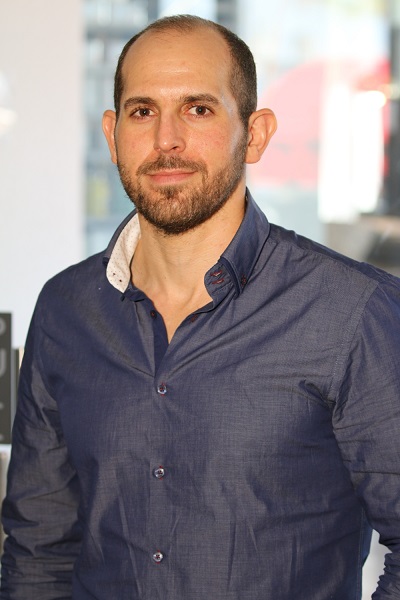Ian Lessem, Managing Partner at HAVAÍC, investors in early-stage, high-growth technology businesses, notes a significant increase in investment demand for African technology startups.

He says startups on the continent are at a distinct advantage because they compete out of necessity. As a result, they can, and very often do stand toe to toe with startups in more the established tech hubs of Palo Alto, Singapore, London and Tel Aviv. “African innovators face local challenges so pervasive; they simply have no choice but to tackle them head on and become subject matter experts in finding solutions for real world problems like food security, health, education, safety, financial services and logistics.”
Lessem adds that African technology driven solutions borne out of necessity create efficiencies, new products and opportunities, and most importantly solve local challenges that resonate globally. Because of this they have the inherent ability to leap across national boundaries and sidestep the usual rules of cultural friction. “With the world having quickly adjusted to the realities of the ongoing global social and economic crisis as a result of the Covid-19 pandemic, solutions that solve real world challenges are without a doubt the best opportunities for growth. People and businesses are craving solutions that make their day to day lives easier, better and less frictional, and the pace at which they are adopting technology to do this continues to accelerate.”
Not only does HAVAÍC support promising startups, it also understands the power of unlocking the potential of Venture Capital (VC) as an investment class in Africa. Investing in African startups offers the opportunity to invest in real-world businesses solving real-world challenges, and the chance to invest in a sector that offers undeniable growth prospects. “While it seems unlikely that the greatest contributions to and innovations in biotech or space travel will emerge from Africa, African founders are paving the way when it comes to creating commercial and innovative solutions to local challenges that also have global relevance. And, crucially, when coupled with technology they can scale quickly on home ground and abroad,” says Lessem.
In contrast to tech hubs in developed economies where there is an abundant supply of available capital for startups and entrepreneurs, Lessem says scarcity of financial resources in Africa does little to limit the potential, and indeed the success, of startups in South Africa, Kenya, Nigeria, and Egypt. “The hidden advantage in this scenario is that African entrepreneurs and startups self-fund and bootstrap for as long as possible. This translates to founders having a sharp focus on creating commercially successful business from the get-go. And because it’s their time and money at risk they have no choice but to make a success of it. Underpinned by commercially viable business models, African startups are tested in uniquely challenging conditions, become experts in their field, and this breeds a unique resilience which gives them an edge as they seek to enter international markets.”
Says Lessem: “The mettle, know-how and ingenuity of African businesses is evident in cases like Flutterwave becoming the continent’s most recent tech unicorn, but also within HAVAÍC’s own portfolio of startups, including South Africa’s hearX which concluded a landmark distribution agreement in the United States to roll out their AI -powered hearing aid in 39,000 retail stores, or Tanda in East Africa, who with their cash technology solutions and distribution network in the informal sector literally tripled the number of “ATM’s” in Kenya overnight.”
With African businesses continuing to punch well above their weight, proving their ‘right to play’ and their potential to scale domestically and internationally, Lessem says it is an exciting time to be part of the African VC environment. “The attitude of supporting local while acting global also has the positive consequence of developing the early-stage ecosystem overall. By attracting foreign capital international partners, local entrepreneurs and their communities thrive, which is critical for Africa’s economic growth. With all this in mind, it is clear that the next startup wave is set to come from Africa.”
